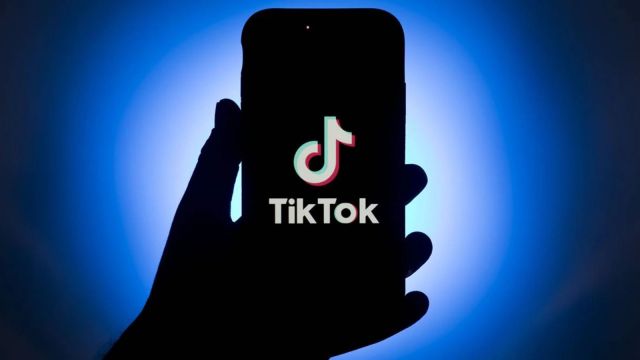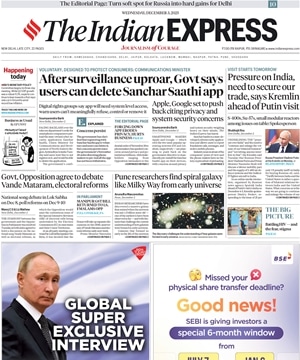Indonesia restores TikTok licence after company shares data from protest period
The demonstrations, which were sparked by public anger over lawmakers’ privileges and police violence, left ten people dead.
 TikTok had written to officials on 23 September, saying that its internal policies prevented it from fully complying with the request for data. (File Photo)
TikTok had written to officials on 23 September, saying that its internal policies prevented it from fully complying with the request for data. (File Photo) Indonesia has lifted a temporary suspension on TikTok’s operating licence after the company provided data requested by the government about its live streaming activities during recent protests.
The Ministry of Communication and Digital Affairs said on Friday that TikTok’s licence was suspended earlier because it had not fully met its obligations as a private electronic system operator. Officials said the company had initially refused to share complete data on user activity between 25 and 30 August, when violent protests erupted across several cities.
The demonstrations, which were sparked by public anger over lawmakers’ privileges and police violence, left ten people dead. TikTok said it had temporarily stopped its live streaming feature on 30 August to help maintain safety and order, and resumed it a few days later when tensions eased.
According to a ministry statement, TikTok had written to officials on 23 September, saying that its internal policies prevented it from fully complying with the request for data.
The government’s Director General of Digital Space Supervision, Alexander Sabar, said the data was needed to trace accounts linked to online gambling that had used TikTok’s live streaming function during the protests. “TikTok has submitted data related to traffic escalation and monetisation activity of its Live during the requested period,” Sabar said in a statement on Saturday.
“Based on the fulfilment of its obligations, the government ended the temporary suspension and reactivated TikTok’s licence as a registered electronic system provider.”
Despite the suspension, TikTok remained accessible in Indonesia on Friday.
TikTok said it was working closely with the government to resolve the matter. “We will continue to respect the laws and regulations in countries where we operate, including Indonesia,” the company said in a statement.
The brief suspension raised concerns among social media users about freedom of expression under President Prabowo Subianto’s government, though officials said the move was aimed at enforcing digital regulations and maintaining a trustworthy online environment.
(With inputs from AP)






